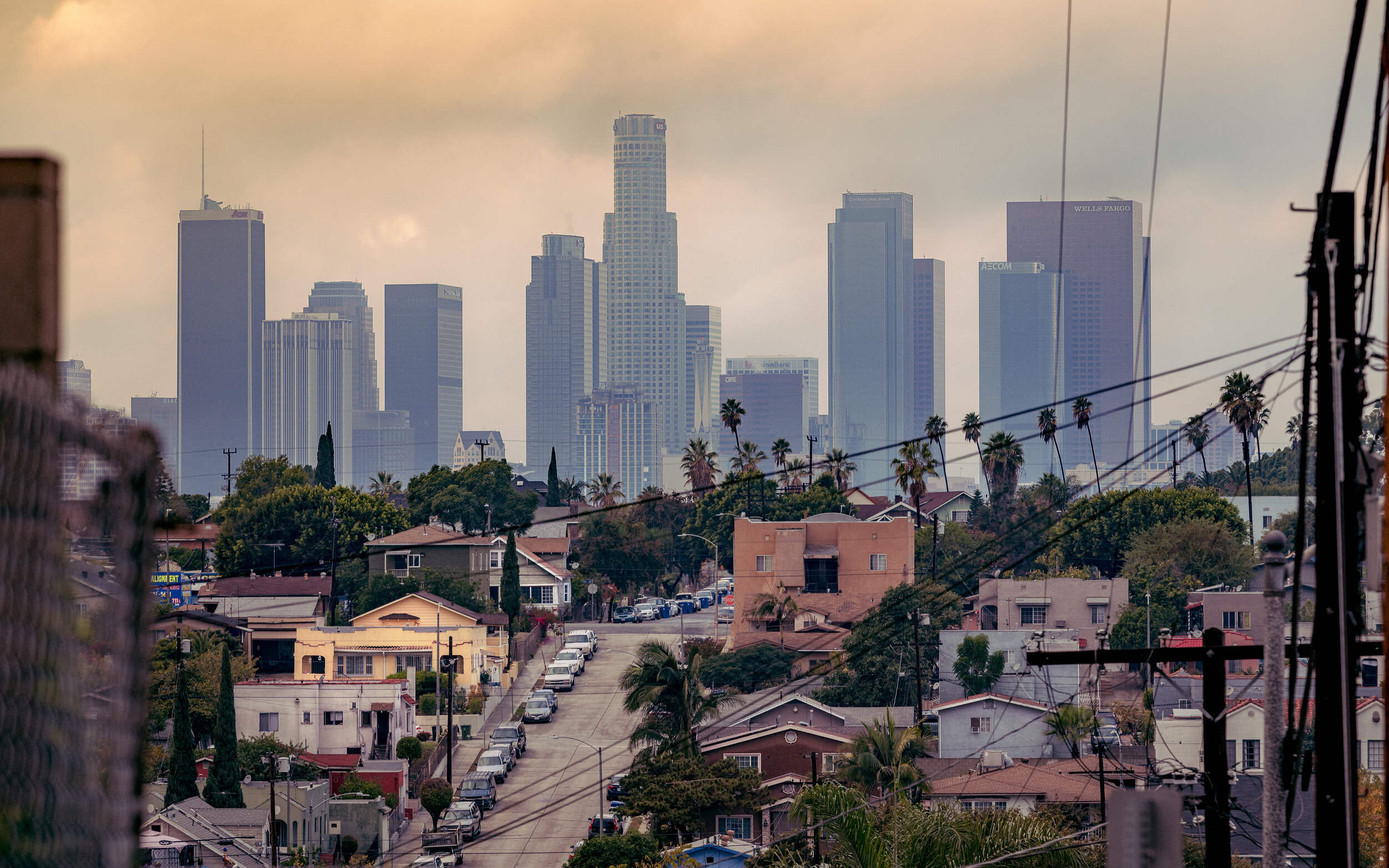
Our plan reflects the priorities and needs of low-income, immigrant and houseless communities in Downtown.
The Central City United (CCU) Coalition, led by the Southeast Asian Community Alliance (SEACA), Little Tokyo Service Center (LTSC) and the Los Angeles Community Action Network (LA CAN), as key stakeholders in Chinatown, Little Tokyo, and Skid Row, along with Public Counsel, proudly share our People’s Plan for an equitable, inclusive, people-centered DTLA 2040.
Our Shared Vision
Stop displacement by prioritizing tenant protections and creating a net gain of affordable and supportive housing.
Promote inclusive economic development that supports workers, community-serving businesses, and residents on limited incomes.
Strengthen community leadership in the planning and development of Downtown’s low-income communities.
Create neighborhoods that support the health, well-being, and dignity of all residents and stakeholders.
Sustain the cultural practices and values of the existing neighborhoods and people.
Our Neighborhoods
Skid Row
Skid Row is home to the highest concentration of unsheltered individuals anywhere in the nation. Skid Row is also a community, where low-income and unhoused Angelenos discover and create opportunities and organize around housing justice and human rights. The Skid Row community has a history of strong and effective activism. That spirit of activism and resiliency now carries forward to DTLA 2040. Skid Row residents and service providers have been convening for years to evaluate the impacts of the Community Plan update and educate City officials about key priorities and needs. DTLA 2040 needs to center these priorities and needs in its policies, programs, and zoning standards.
Little Tokyo
Little Tokyo is an over 130-year-old community, the second oldest neighborhood in Los Angeles, and one of only three remaining historic Japantowns in all of the United States. Little Tokyo has historically been rich in long-time, family-run and multigenerational small businesses that are integral to Little Tokyo’s culture, survival, and identity. Unfortunately, many have been struggling with rising rents and inconsistent patronage over the last five years due to increased real estate pressures in broader Downtown and the expansion of light rail construction. DTLA 2040 is a critical opportunity to preserve rich cultural assets, increase affordable housing, promote a thriving economy of culturally significant and community-serving small businesses, support a growing senior population, and enhance some of the City’s most transit-oriented and pedestrian-friendly development in Little Tokyo.
Photo credit: Scott Oshima
Chinatown
Chinatown was originally established in the 1800s in order to racially segregate Asian residents from the rest of the City. Barred from accessing mainstream economic and educational opportunities, newly arrived immigrants and refugees responded by creating their own neighborhood associations, social service programs, and small businesses. However, the gentrification of Chinatown now threatens the cultural and historical fabric of the community. DTLA 2040 is an opportunity to usher in new standards and rules that can preserve Chinatown’s important cultural and community assets while creating new housing that is truly affordable to the low-income Chinatown residents who have invested so much in their neighborhood.



